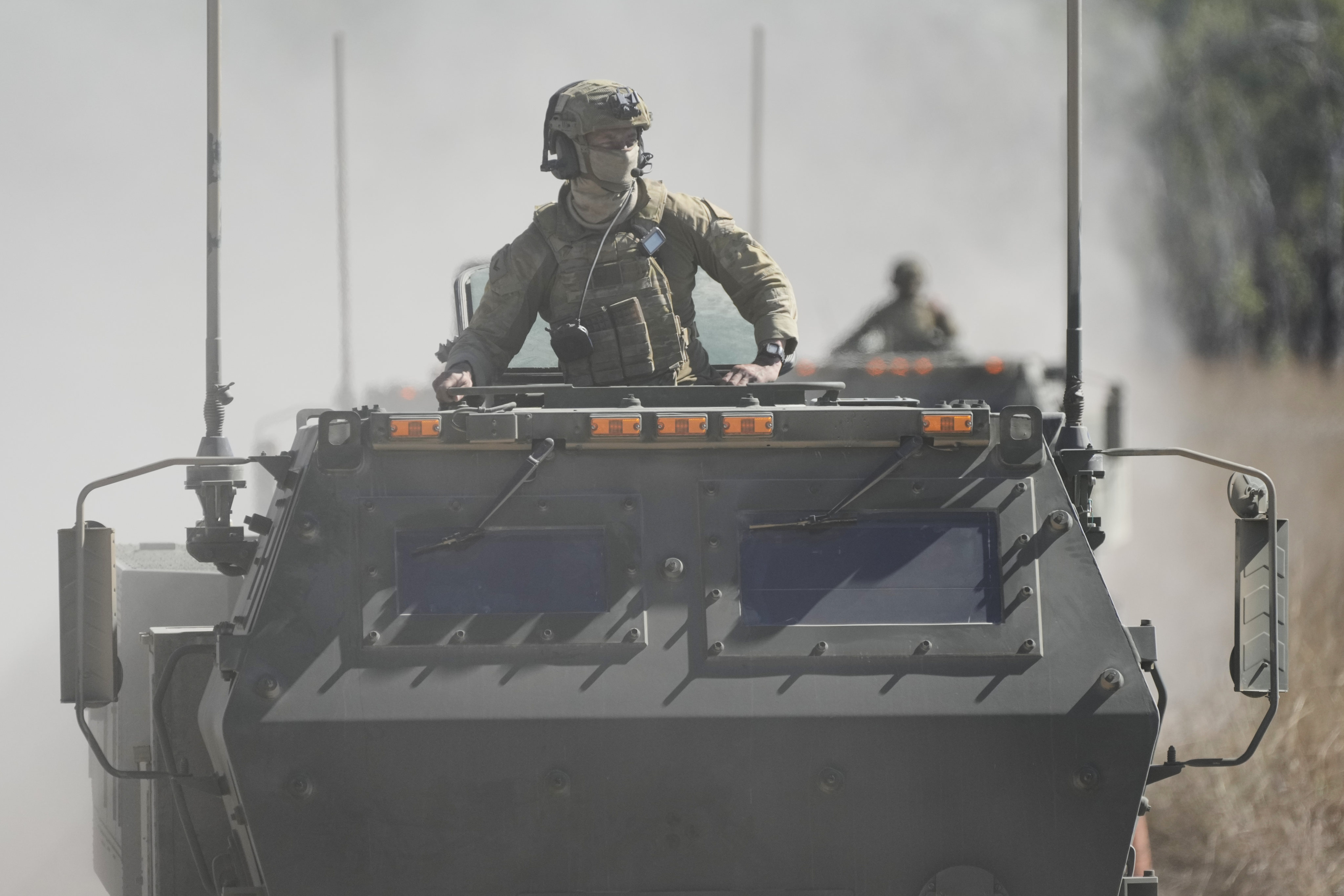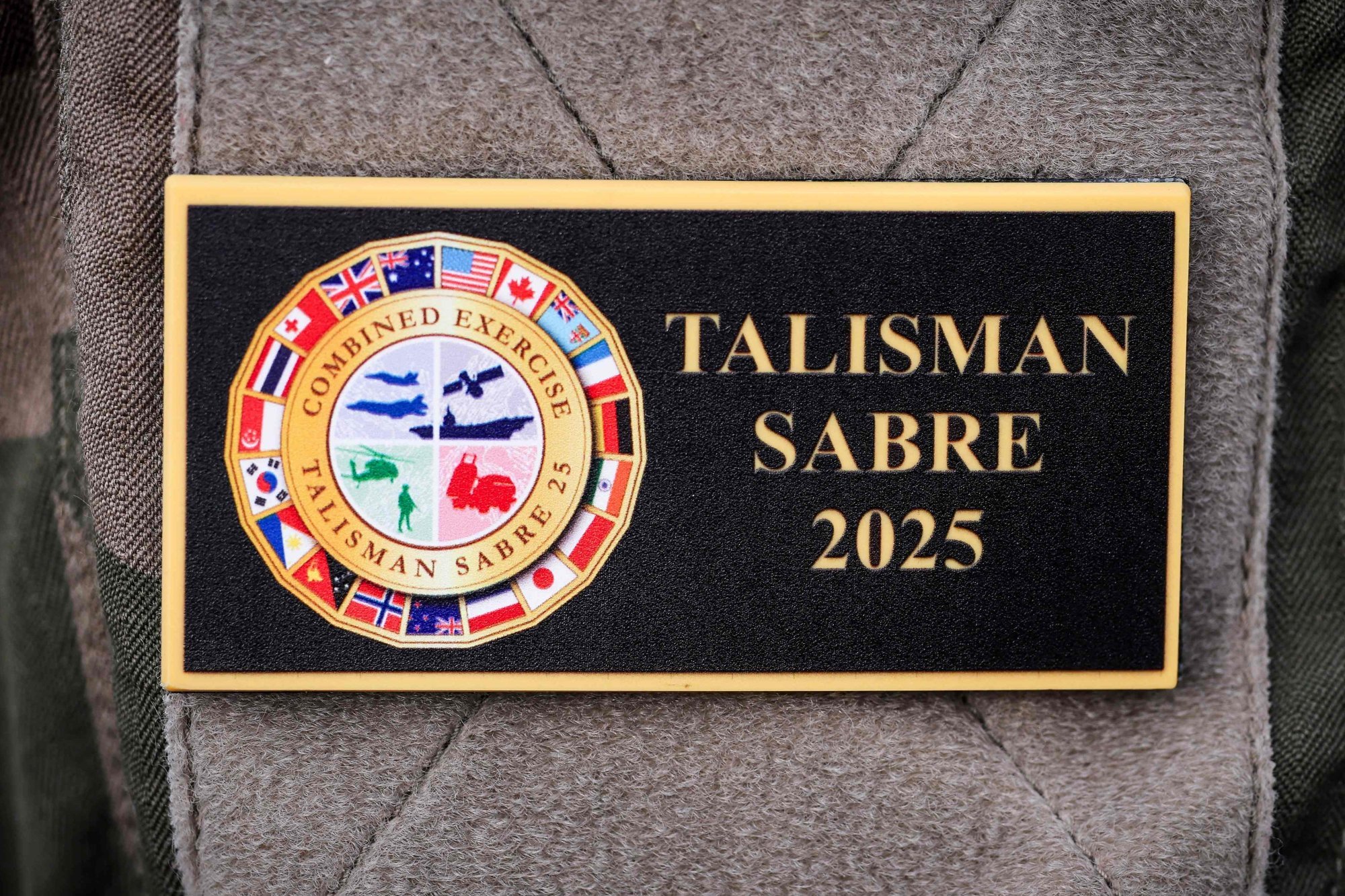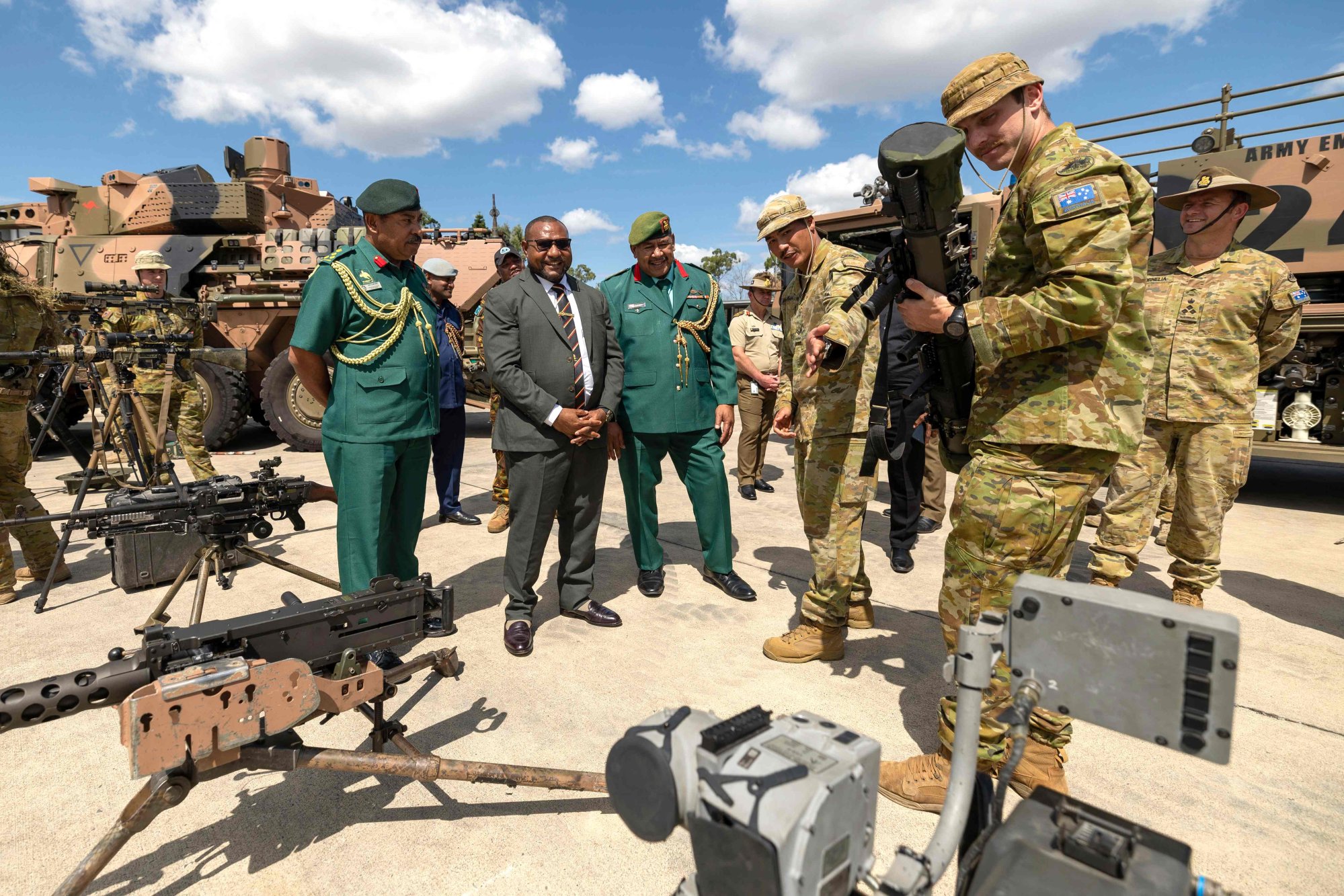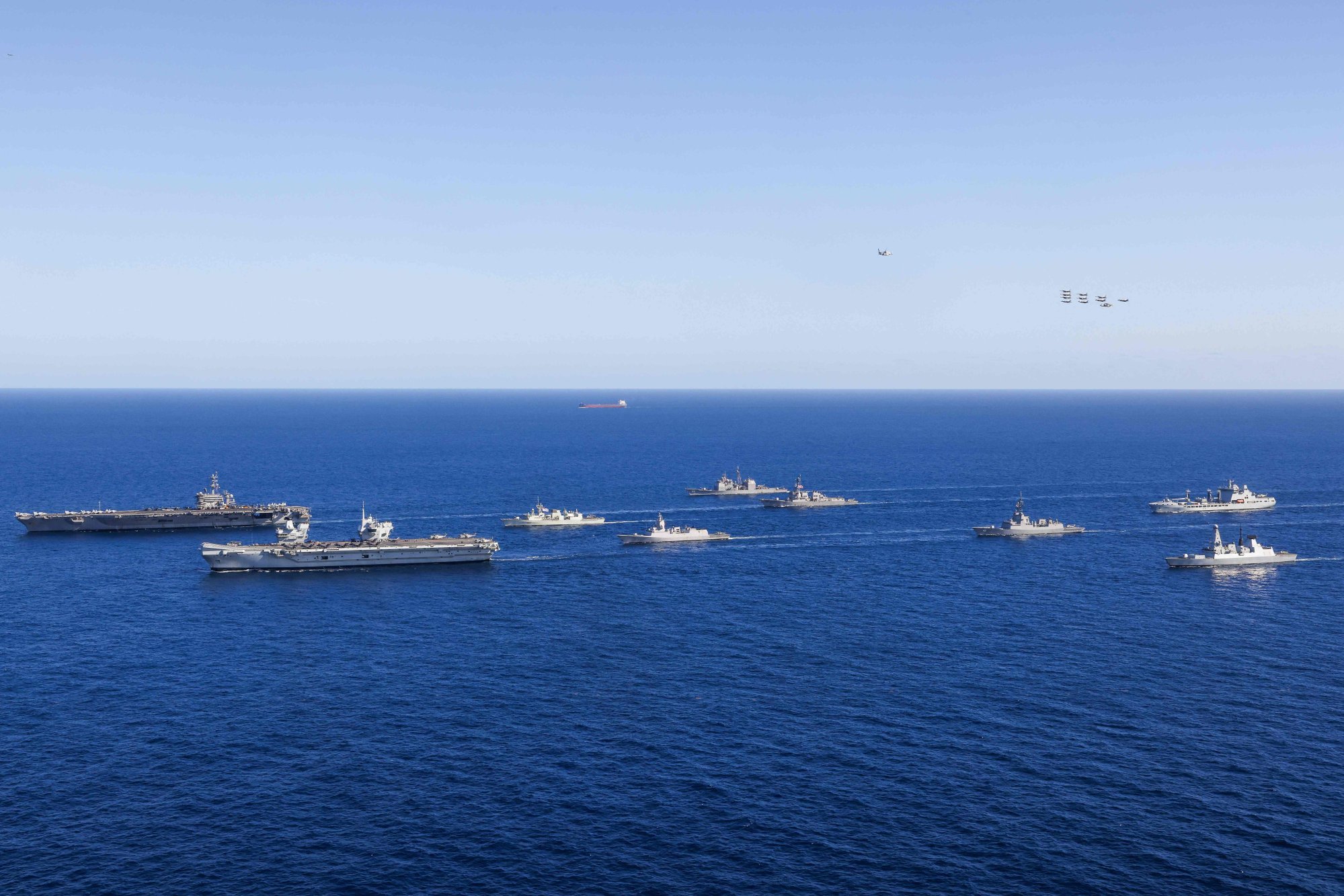Australia, US push Pacific deterrence amid China’s security overtures
Analysts note the significance of Papua New Guinea and Fiji’s unprecedented involvement in this year’s ‘Olympics of war games’

For the first time in its history, Australia’s flagship military exercise has moved beyond its own shores, drawing in Pacific island nations as Canberra and Washington push to “regionalise” strategic deterrence across the Indo-Pacific.
Neighbouring Papua New Guinea (PNG) is hosting parts of this year’s Talisman Sabre exercise, which began on July 13 and runs until August 4, with activities involving Australian and US troops.
“This is an important demonstration of the deepening integration between Australia and Papua New Guinea’s Defence Forces”, senior Australian naval officer Vice-Admiral Justin Jones said in a statement announcing the drills in April, referring to the two countries’ militaries.
This year’s iteration of Talisman Sabre, featuring more than 30,000 personnel from 19 nations, is the largest in the exercise’s history.

Military contingents from Fiji, Tonga and a host of other partners – including Canada, France, Germany, India, Indonesia, Japan, New Zealand, the Philippines, Singapore, South Korea, Thailand and Britain – are taking part in a series of complex drills encompassing live-fire exercises, air combat and maritime operations such as amphibious landings.
The 130 or so members of Fiji’s military who travelled to Australia for five months to support exercises including Talisman Sabre represent the first such contingent to be deployed to the drills.
Described as the “Olympics of war games”, Talisman Sabre has grown in both scale and scope since its inception in 2005 as a biennial bilateral drill between Australia and the United States.
The expanded participation of Pacific nations serves as a strategic signal, according to security analyst Kathryn Paik, deputy director and senior fellow with the Australia Chair at the Centre for Strategic and International Studies think tank.
PNG, Fiji and Tonga’s involvement in this year’s Talisman Sabre showed how the US and Australia were increasingly trying to “regionalise strategic deterrence across the Indo-Pacific”, she said.
For security and defence development, these countries still primarily look to traditional partnersKathryn Paik, Australian security analyst
While all three Pacific nations maintained strong economic and diplomatic ties to China – Beijing has provided extensive infrastructure support, including roads and hospitals, to Port Moresby, for example – their decision to join an exercise led by Washington and Canberra “shows that for security and defence development, these countries still primarily look to traditional partners”, Paik told This Week in Asia.
China’s engagement with the region has expanded beyond the economic in recent years, deepening security cooperation, offering police training and seeking security pacts. Beijing signed a security pact with the Solomon Islands in 2022, has sent police advisers to both Vanuatu and Kiribati, and is seeking similar deals elsewhere in the Pacific.
Unhandled type: inline-plus-widget {“type”:”inline-plus-widget”}
For PNG, Fiji and Tonga – nations with limited defence capabilities – taking part in Talisman Sabre would help them build their capacities and improve interoperability, said Moses Sakai, a research fellow at the National Research Institute in Port Moresby.
Canberra’s decision to involve PNG in hosting a part of this year’s Talisman Sabre reflected ongoing efforts to cement a bilateral defence cooperation treaty, Sakai said.
The agreement, expected to be formalised in September to mark 50 years of diplomatic relations, “will consolidate Australia’s security influence and presence in PNG on policing and defence, an effort that Canberra has wanted to achieve since 2022”, he added.

It would build on a 2023 bilateral security agreement and was advanced in February during talks in Brisbane between Australian Defence Minister Richard Marles and his PNG counterpart Billy Joseph.
The aim is to deepen cooperation and counter Beijing’s growing influence in the region, analysts say.
International agreements of this kind had faced domestic protest in the past when questions arose around sovereignty, said Alan Tidwell, director at Georgetown University’s Centre for Australian, New Zealand and Pacific Studies.
“This agreement will be no different,” he said, though he noted that the two countries’ bilateral defence relationship had deepened over the past six months.
Joseph, PNG’s defence minister, has been unequivocal. “When it comes to security, we choose our traditional partners, which is Australia [and the] US,” he told a defence conference last month.

For Australia and the US, the involvement of Pacific nations in Talisman Sabre sent a message to Beijing about the region’s commitment to collective security, Tidwell said.
“PNG, Fiji and Tonga see regional defence cooperation as a good thing as well,” he added, highlighting Canberra’s extensive experience training Pacific defence personnel.
Washington also maintains close defence relations with the region, especially Fiji and Tonga, through the National Guard State Partnership Programme.
Scrutiny and strategy
Chinese surveillance of Talisman Sabre has become almost routine at this point, according to Australia’s Defence Industry Minister Pat Conroy.
“The Chinese military have observed these exercises since 2017. It’d be very unusual for them not to observe it,” he told the Australian Broadcasting Corporation earlier this month.
For Washington, Talisman Sabre represented the “pinnacle” of regional military cooperation, Tidwell said, while “from Canberra’s perspective, Talisman Sabre underscores Australia’s pivotal role in regional defence”.
Amid anxieties over the future of the US-Australia alliance “unleashed by the Donald Trump administration, Talisman Sabre may well seem like a soothing balm”, Tidwell added.
Still, the alliance faces challenges, not least the heavy financial and political commitments surrounding Australia’s planned acquisition of Virginia-class nuclear-powered submarines under the Aukus pact.